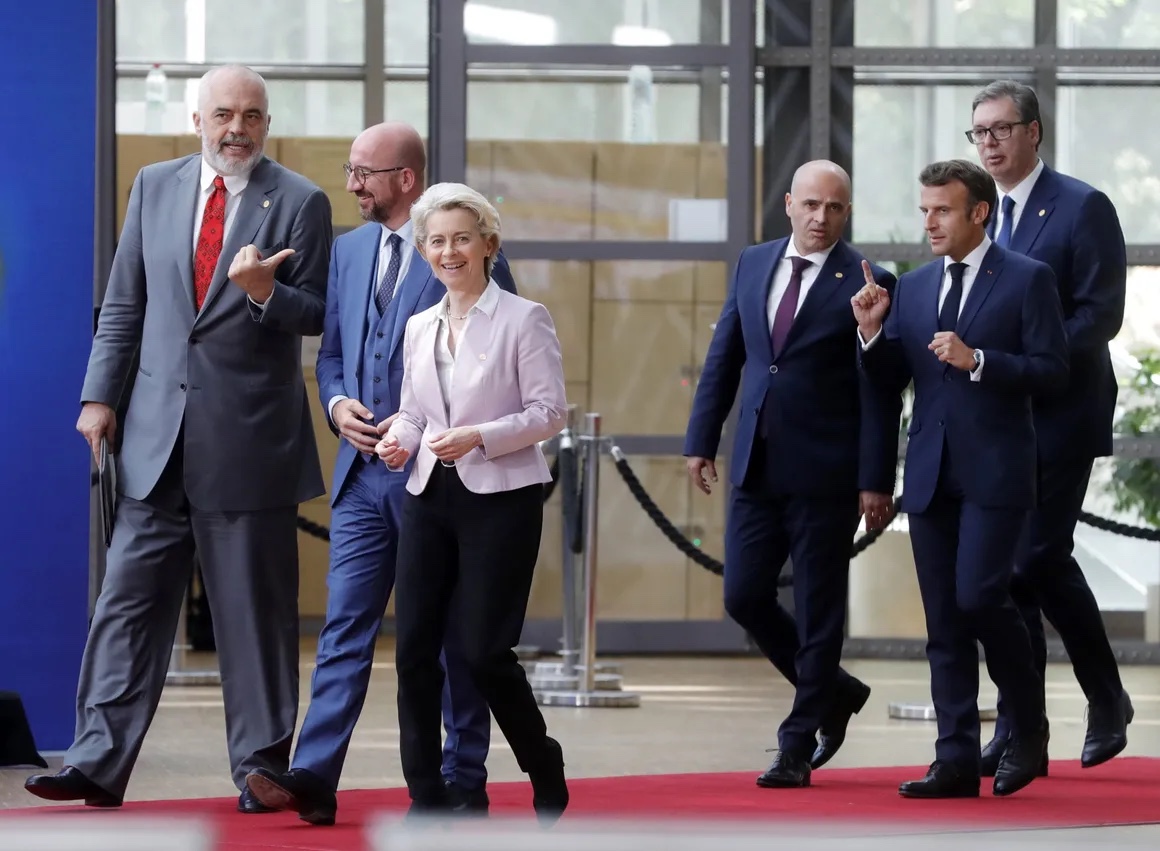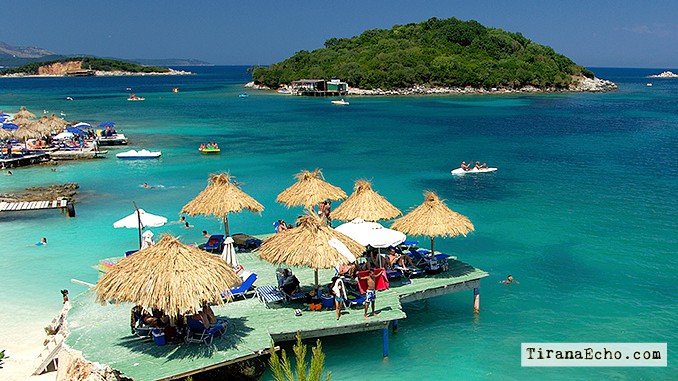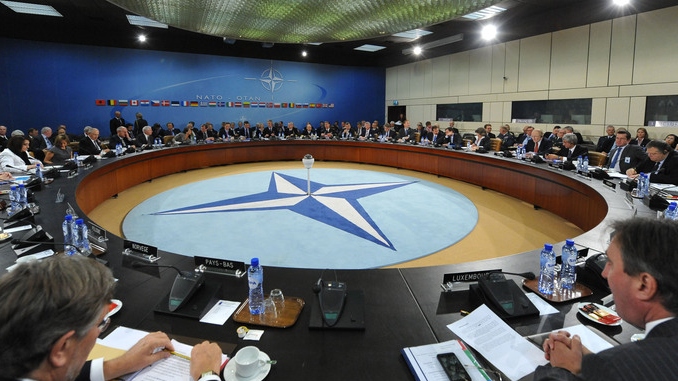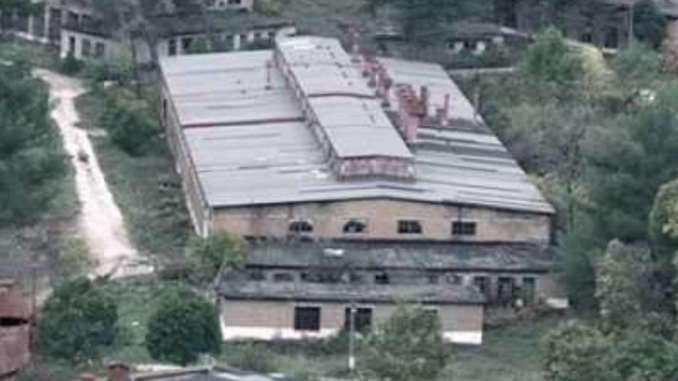UN: Albania must ‘turn page’ on communist-era disappearances
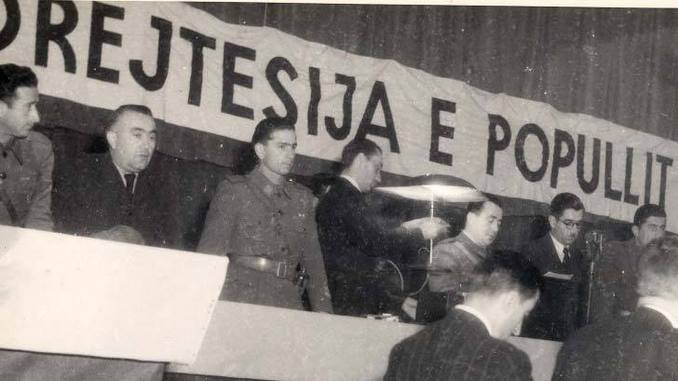
Houria Es-Slami led the U.N. Working Group of the Enforced or Involuntary Disappearances, which ended a weeklong visit to the country on Monday. She said that Albania needs to “turn the painful page of the past.”
“All victims of enforced disappearances and their relatives have the right to full reparation, which includes compensation, satisfaction, restitution, rehabilitation and guarantees of non-repetition,” a preliminary report said.
Disappearances carried out by the communist regime occurred from 1944, when it came to power after World War II, until it fell in 1990 after a students’ protest.
During communist rule, about 6,000 people were killed, 34,000 imprisoned and more than 50,000 sent to isolated internment camps.
“No case of enforced disappearance committed during those years has ever reached the Albanian courts,” the U.N. report said. That happened because of a lack of initiative from prosecutors, relatives being unaware of how to file judicial complaints as well as distrust in legal institutions, it said.
U.N. officials say that Albania, which ratified an international convention on enforced disappearances in 2007, should “take a more comprehensive approach” to give the victims and their families the right to truth, justice, reparation and memory.
Albania’s post-communist governments haven’t sponsored any memorial to them despite the existence of a number of labor camps, prisons and at least 29 suspected burial sites, according to the findings.
Only last month, the government opened a former top-secret nuclear bunker as a museum to show how communist-era police persecuted the regime’s opponents.
The victims or their families must go to at least five public institutions for documentation to claim reparations, the U.N. experts said. They said the process is complicated and a waste of time for the victims, and the government should do it instead.
The U.N. experts recommended “a national public debate on the legacy of the communist past and how to collectively overcome its painful consequences” and a one-stop shop approach for their reparations.
Copyright 2016 The Associated Press. All rights reserved. This material may not be published, broadcast, rewritten or redistributed.

